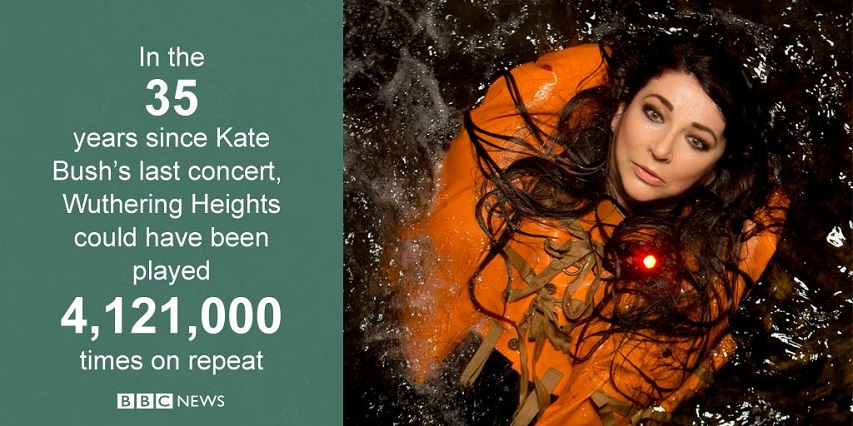If you’ve been reading the blog for a while, you’ll have picked up that I’m a fan of SpaceX and other non-governmental organizations in the space race. I wouldn’t go so far as to say Elon Musk is a hero, but I’ve generally been happy about his company’s successes in bringing more private enterprise into the launch business. However, as Lachlan Markay explains in some detail, Elon Musk is not above taking government funds to do things he’d be doing anyway, just like crony capitalists in the rest of the government-industrial complex:
Shortly before a private spaceflight company’s test rocket exploded over southern Texas last weekend, state lawmakers announced millions in subsidies to get the company to continue launching rockets in the Lone Star State.
Space Exploration Technologies, commonly known as SpaceX, will receive more than $15 million in public financing to build a launch pad in Cameron County, near the Mexican border.
The subsidies came after SpaceX’s founder, billionaire tech mogul and pop technologist Elon Musk, made campaign contributions to key state lawmakers and hired lobbyists with ties to Austin.
SpaceX is one of a number of innovative and disruptive startups that, though lauded by some free marketeers for making government-run markets more competitive, are finding themselves drawn to political advocacy, whether out of shrewdness or necessity.
Of the more than $15 million in incentives for a SpaceX launch facility in Brownsville, Texas, announced this month, $13 million will come from the state’s Spaceport Trust Fund.
Initially created in 2002, the fund began to wind down together with the idea of commercial spaceflight. But with the ascendancy of SpaceX and similar companies, Texas looked to secure its place as a destination for commercial spaceflight operations.
Musk took notice. A prolific political donor, he began pouring money into the campaigns of key state lawmakers. On November 7, 2012, he donated $1,000 to state representative Rene Oliveira (D). Two weeks later, he gave state senator Eddie Lucio Jr. (D) $2,000.
The next month, the Associated Press reported that Lucio and Oliveira were working to secure state backing for a potential SpaceX launch pad in Brownsville.
As Drew M. says at Ace of Spades H.Q., it’s not like this is a new thing for businesses or for politicians, it’s just disappointing:
I’m not naive to think this sort of stuff hasn’t gone on forever and will go on forever, it’s simply human nature. That’s why making government at levels as small as possible is so important.
What does continue to surprise me when it shouldn’t is how cheap it is to buy politicians. Remember Team GOP’s hero, Mississippi Senator Thad Cochran’s longtime aide who accepted $20-30K in gifts from Jack Abrahmof in return to ensuring the felon’s clients received millions in government money?
When you think about it it’s really no surprise that politicians sell themselves so cheaply. Unlike honorable whores who sell their own bodies, politicians sell other people’s money. Plus, they make it up in volume.
This bi-partisan rush to hand out everyone’s money for their own gain is part of why I’m drifting away from conservatism and towards libertarianism. Screw them all.




